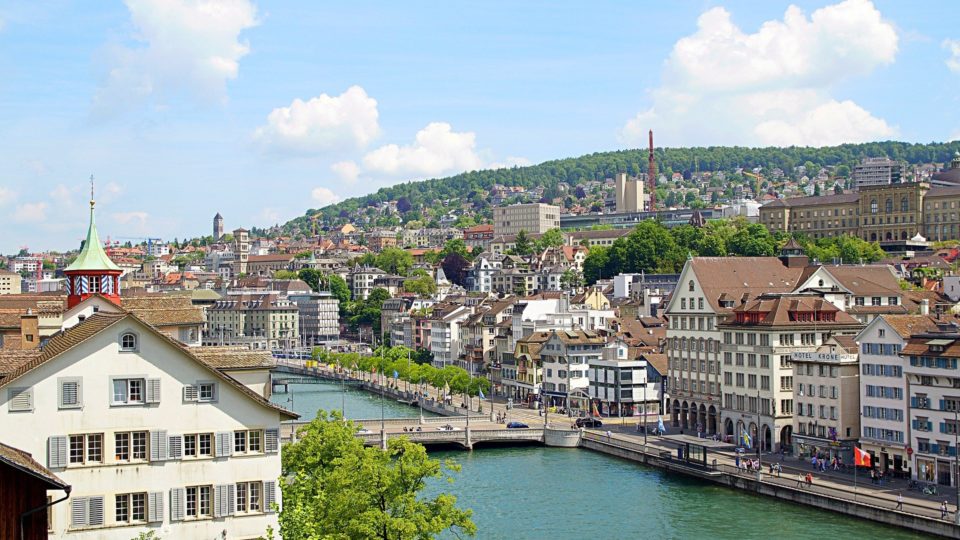
There are more than 15 years, Yale University publishes the Environmental Performance Index (EPI) and ranks countries according to its environmental health and ecosystem vitality. The PPE uses performance indicators in eleven problem categories:
- Air quality
- Heavy metals
- Waste Management
- Ecosystem services
- Water resources
- Agriculture
- According to the analysis from Yale University, Denmark, Luxembourg, Switzerland, United Kingdom and France are the countries with the best ranking, followed by Austria, Finland, Sweden, Norway and Germany. The report states: “One of the consistent lessons of the EPI is that achieving sustainability requires sufficient economic prosperity to fund public health and environmental infrastructure.” The researchers found that there is a clear positive correlation between environmental performance and a country’s wealth, as measured by gross domestic product (GDP) per capita.
- Sanitation and drinking water
Biodiversity and Habitat
Fisheries
Climate Change
Pollution emissions
An interesting comparison can be made between the EPI and the Heritage Foundation’s Index of Economic Freedom, which measures economic freedom around the world since 1995. The index, which is also called the capitalism index by sociologist Erich Weede, was recently published and analyzes the level of economic freedom in 178 countries. The Heritage Foundation index applies twelve criteria, all of which are weighted equally:
- Government Integrity
- Public spending
- Tax Health
- Financial freedom
Property rights
- Judicial Effectiveness
Tax Burden
Freedom of Business
Freedom of Work
Monetary Freedom
Freedom of Commerce
Freedom of investment
Singapore
United Kingdom
Estonia
Canada
To smooth dynamic developments in the Index of Economic Freedom, it makes sense to consider each country’s average score over 06 years, from 1995 to 2020. This offsets the kind of one-off effects that can result from short-term public policies. These averages can then be compared to the Environmental Performance Index scores of 2006. The data reveal a clear positive correlation (the correlation coefficient is 59%). A regression analysis also confirms that for every one point increase in the Index of Economic Freedom, there is an increase of 1,06 point in the Environmental Performance Index. Such a high coefficient, combined with the very strong correlation between the indices, suggests a clear statistical relationship. This correlation can be explained by the causality between the rise of capitalism and greater technological progress and prosperity.
Economist Daniel Fernández Méndez addressed the potential objection that countries with greater economic freedom “are ‘exporting’ their polluting industries to the less free third world, while keeping clean industries in their country.” However, this is clearly not the case. His analysis of investments made by countries with high environmental standards reveals that only 0.1% of foreign investments go to countries with low environmental standards. The conclusions of these calculations are clear: “With the analyzed data, we can see that capitalism suits the environment. The greater the economic freedom, the better the environmental quality indices. The ‘cleanest’ countries don’t export their pollution through relocated companies.” Clearly, the environment is no different from so many other areas of life: capitalism is not the problem, it’s the solution.
*Rainer Zitelmann is a historian, sociologist and author of more than 32 books on social sciences and economics.25131551
25131551 ©2020 Foundation for Economic Education (FEE) Published with permission. Original in English. 25131551


